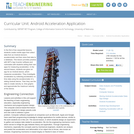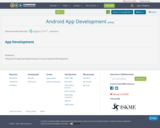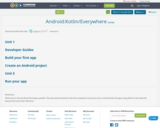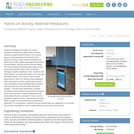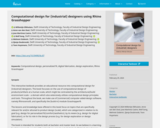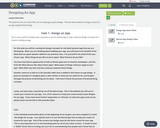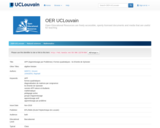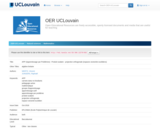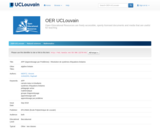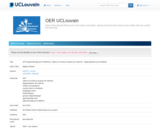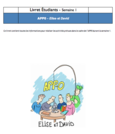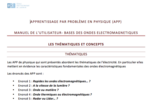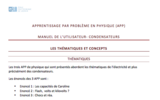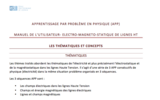This interactive textbook provides an educational resource into computational design for (industrial) designers. The book focusses on the use of computational design of products/artifacts at a human scale, which might be contrasted by the architectural/build environment scale – a domain which also extensively utilizes computational design principles and tools. Throughout the book, we make use of (commercial) computer-aided-design software, namely Rhinoceros®, and specifically the (build-in) module Grasshopper®.
The lessons and knowledge base offered in this book focus on topics that are specifically relevant for and/or attuned to product design (scale), which are categorized in relation to its goal (e.g. design for personalized fit/comfort/aesthetics), by its means (e.g. design for digital fabrication), or for its role in the design process (e.g. for design exploration or design simulation).
The book is intended for students both at bachelor and master level. As we believe in a learning-by-doing approach, we aimed for a hands-on, easy-to-get-started set of introductory lessons, which is complemented with a knowledge base. The introductory lessons do not assume any specific prior skills or knowledge (in general or with Rhino Grasshopper) to get started. Yet, (some) experience with computer-aided design (CAD), programming, data processing, and/or mathematics will likely be helpful to really delve into the more complex topics, such as those covered in the knowledge base.
The book is currently used as course material in two courses taught at Industrial Design Engineering: “Prototyping with/for Digital Fabrication” (BSc level, part of the Minor Advanced Prototyping), and “Computational design for Digital Fabrication” (MSc level, Elective). The content in this book is in part based on course materials from the above-mentioned courses, which have been been taught to and applied by students with diverse (technical) backgrounds (e.g. industrial design, mechanical engineering, computer science, and electrical engineering). Other parts of the book are inspired by student (graduation) projects and/or follow from research activities by the various contributing authors.
